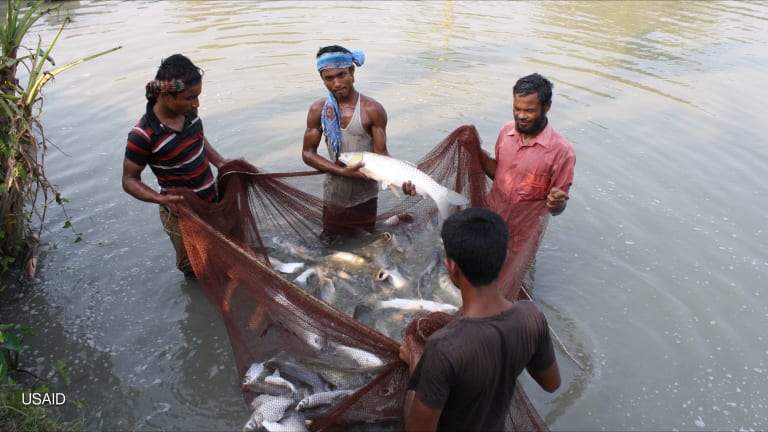
April 15 may be tax day, but this year it is also the day on which an important conversation will take place about the accountability of taxpayer dollars in reaching the greatest number of people in crisis with food. Thanks to the Senate Foreign Relations Committee, members of the committee will be asking whether the time has come to reform our nation’s food aid program.
The Modernizing Foreign Assistance Network has had revamping our food aid program at the top of its agenda for some time. Recommendations for reforms have also come from Republican and Democratic administrations, Congress’ Government Accountability Office and organizations working to feed hungry people across the globe. We are pleased that the 2014 Farm Bill and the annual appropriations bill have opened the door to some changes in the program and applaud the Senate Foreign Relations Committee for taking the next step in the reform discussion.
The United States continues to lead the world in reaching populations in crisis over food. Our agriculture industry leads in its productivity and market efficiency. U.S.-based relief and development organizations ensure that food reaches the neediest populations. However, sometimes shipments of U.S. agriculture products do not provide the most timely, cost-effective method for reaching people in need of immediate food.
In addition to causing time lags, current law on cargo preference, requiring that U.S. food aid be shipped via U.S. flagged vessels, also drives up costs. This is where reform of the program, by granting expanded flexibility to the U.S. Agency for International Development to determine through what means people may most effectively be served, can significantly improve it. Options such as local and regional purchase of food and cash vouchers offer both greater bang for the taxpayer buck and more immediate relief from hunger and its devastating effects. The flexibility to determine which of these options to use and when are estimated to be both more cost effective and have a greater reach to people in need is essential as well.
Regrettably, both natural and man-made crises continue to leave people across the globe in need of food aid, and the U.S. — through both its moral leadership and its understanding of the relationship between hungry populations and national security — is stepping up to provide this aid. The Senate Foreign Relations Committee’s hearing is the logical next step to discuss how we can improve the program to serve more people in need for the best value to the taxpayer.
Devex, in partnership with the Modernizing Foreign Assistance Network, is exploring the progress and potential of making U.S. foreign assistance more effective. To explore additional content, visit the Reform for Results website and tweet #Reform4Results.
Join the Devex community and access more in-depth analysis, breaking news and business advice — and a host of other services — on international development, humanitarian aid and global health.








